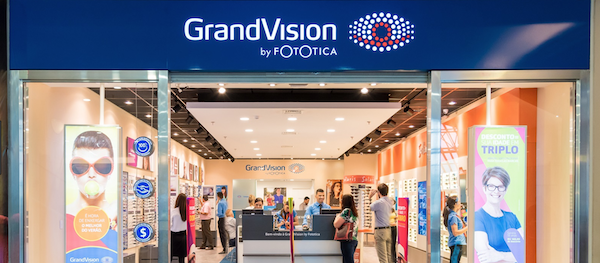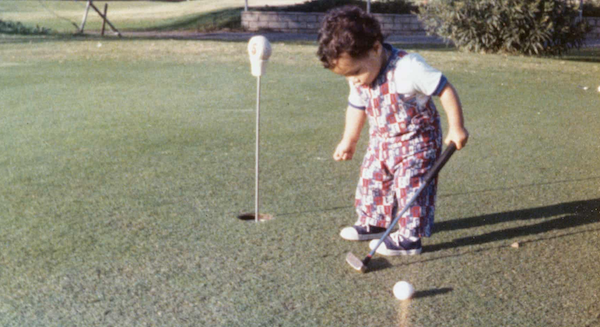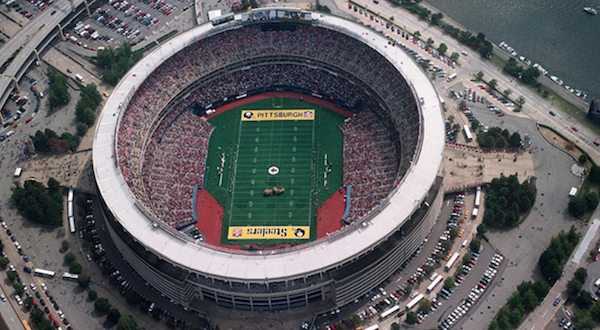Market Scorecard
Yesterday the US market opened in the green, putting the disappointment with the Fed behind it. The positivity pulled our market out of the red and gave us a green close. Then at about 19:40 our time, Trump hit Twitter to inform the world that more tariffs will be slapped on China on the 1 September. Within minutes the US market went from being up around 1%, to being red. More severe was the drop in the oil price; Brent crude was down 8% at one stage and WTI was down 7%!
If Trump can do all of that with a simple tweet, does that make Twitter the most powerful company in the world?
From the outside, this looks like a warning shot to China, telling them not to drag their feet in reaching a trade agreement. The Chinese know that there are elections next year, and the closer that voting day gets, the more desperate Trump will be to reach an agreement. Will this get ugly? Who knows. It does mean that the markets are back to focusing on trade war rhetoric.
Yesterday the
JSE All-share closed up 0.77%, the
S&P 500 closed down 0.90%, and the
Nasdaq closed down 0.79%.
Our 10c Worth
One thing, from Paul
One of the
European stocks that I like is EssilorLuxottica, the dominant global manufacturer and retailer of eye and sunglasses. This group resulted from the merger in October 2018 of the French lens-manufacturer Essilor and the Italian luxury frame maker Luxottica (it owns the Ray-Ban, Oakley Oliver Peoples and Persol brands, and manufactures most luxury brand sunglasses).
The deal made sense at the time because there is
enormous global demand for glasses, both for fashion purposes and to correct short-sightedness. There were cost savings to be had from merging head-offices, and it was an opportunity to broaden the shareholder base of Luxottica and professionalise its management. The founder of Luxottica is the rather erratic 84-year-old Italian billionaire, Leonardo Del Vecchio.
Unfortunately, a
vicious fight broke out between Del Vecchio and Essilor's retiring head, Hubert Sagnieres, after the merger. Both have accused each other of trying to take control of the combined group, violating the merger agreement which granted them equal status. Del Vecchio's investment company remains the largest shareholder of the new entity, although he has been diluted down to 32 percent.
This week
EssilorLuxottica announced that it is trying to buy Dutch optician group GrandVision for up to 7.2 billion euros ($8 billion) in cash to take control of thousands of stores where it sells spectacles and lenses.
GrandVision, whose chains include Vision Express in Britain and For Eyes in the United States, has stores in more than 40 countries across Europe, Asia, North America and Latin America. It employs more than 37 000 staff. EssilorLuxottica already has retail outlets such as Sunglass Hut, LensCrafters and Pearle Vision.
But
the deal is likely to face intense scrutiny by competition regulators in the European Union. They are known to be a huge pain the arse.

Byron's Beats
Reading through all of these South African corporate hiccups got me thinking yesterday,
why has South Africa's private sector been caught so off guard by the tough economic conditions? The answer is never simple but I will give it a crack.
Since democracy, South Africa experienced solid economic growth for 20 years. This brewed an optimistic, aggressive corporate culture; it worked very well during that period.
Executive teams were criticised for having lazy balance sheets if they were not heavily geared. CEO's were doing deals, expanding and reinvesting. Even the financial crisis of 2008 was brushed away relatively quickly, and we continued on our path to greatness.
Unfortunately we were not prepared for the slow grinding halt we experienced from 2015 until now. Sometimes a swift collapse is easier to deal with. Even though the writing was on the wall, our optimistic nature thought we could battle through it with the same aggressive mindset. That strategy has not worked.
More conservative teams like Transaction Capital, AVI and Capitec have outperformed their peers because they emphasised focus on their business in SA, without getting distracted by big offshore deals.
I certainly think corporate SA has learnt some big lessons from this period.
I definitely think we will come out of it stronger.
Michael's Musings
This was a very interesting read. In the modern economy, the thing that you mostly hear of is the need to be a specialist with hyper-focus. The article says that is not necessarily the only way -
Generalise, don't specialise: why focusing too narrowly is bad for us.

The article compares Tiger Woods and Roger Federer.
One was swinging a golf club before he could walk, the other only focused on tennis in his teenage years. His argument is that success is not reserved to those who are very specialised. Sometimes having a broader background actually makes you a better specialist.
Bringing this back to investing, there are many different styles or approaches to making money in the market.
For Vestact, our approach is not to try time markets, but rather be invested for the long term. That approach works for us and our clients. We still stay in touch with what other people are doing to make sure that we have a balanced approach, but we stick to our strengths. We have tried shorting stocks; it didn't work out so well. It was a reminder to stick to your own guns.
It seems the conclusion is to be focused but still have some sort of balance.
Bright's Banter
Apple reported earnings of which my colleague Paul covered in detail
here.
The stock closed up over 4.5% on the following trading day, adding the market value of Dell in just one trading session. Why Dell? Well according to Prof. Scott Galloway, my hero, 15 years ago at Davos, Michael Dell (basically a father figure to me) said that
Apple should be sold for scrap, oops!
Here's what the animated Scott Galloway said on the podcast. [emphasis mine]
How did Apple do this? The revenues from the Wearables business increased by a staggering 48% year-on-year, from $3.7 billion to $5.5 billion now constituting over 10% of Apple's total revenues, just a smidgen from being a fortune 500 company on a stand alone basis based on AirPods and the Apple Watch sales.
How can we tell that the Wearables business is getting renewed emphasis? On the earnings call Tim Cook and his people mentioned Wearables 12 times as compared to 4 times in the previous quarter. It's unusual that it missed on its Services business, the recurring revenues side which includes the App Store, Apple Music, Apple Pay, Apple Care etc.
I would've thought that based on that announcement that if the Services revenues missed estimates, the stock would've been affected negatively as a result because the Services business is more important than the Wearables, but guess what? I was wrong! It appears that Apple is immune to any economic anxiety at this point.

You will find more infographics at
Statista
Linkfest, Lap it Up
As more companies try to stand out, the cost of premium advertising space is skyrocketing. Imagine paying $20m (R288m) a year to have your name on a stadium -
The cost of stadium naming rights is becoming too rich for some big name brands.
 Investing in R&D is important for the future of a company
Investing in R&D is important for the future of a company. It is good to see the trend is higher for Apple.

You will find more infographics at
Statista
Vestact Out and About
This week on Blunders: the Cresta Mall mega-project that we can all be proud of; Viagra works on flowers; some people are good at Fortnite; and bonds with negative interest rates should be avoided -
Blunders: Episode 150

 Signing off
Signing off
The busy week is almost over, there are still EU retail sales and US employment data to come. Then next week is a short week! The Rand is struggling this morning, currently around $/R 14.70. The JSE All-share is lower at the start.
Sent to you by Team Vestact.


 You will find more infographics at Statista
You will find more infographics at Statista

 You will find more infographics at Statista
You will find more infographics at Statista

